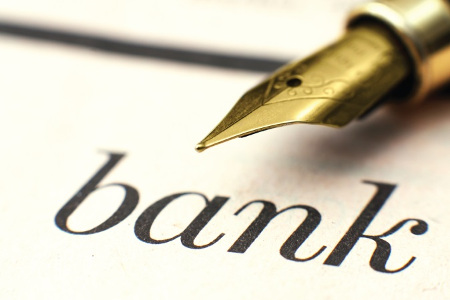Introduction
The bank accounts are synonymous with the very existence of banks. The are unique identifiers that allow the customers to operate with respect to their relationship with the banks and the banks to perform the operations with other banks, as required by the customers.
Over the time, with the diversification of the services the banks have been offering to their customers, the bank accounts have specialised, and different categories have appeared based on the type of operations they are meant to perform. Probably the most elementary bank account is the current account.
What is current account?
The current account is the simplest account one can get access to in her/his relation with the bank. If you are a private individual or associated in a business, in France you are guaranteed the right to open a current account and operate different transactions with it; the Bank of France can oblige the bank to open a current account if the minimum legal requirements are met.
Depending on whether you are a French resident or not, the bank will ask for various documents in order to open a bank account. The following documents must be provided when establishing a bank account in France:
- an ID card or valid passport for EU residents;
- the residence visa for non-EU citizens;
- an utility bill, rental contract or even a property deed as proof of address;
- a payslip.
The current account can be associated to a saving account, the former being used to transfer funds to the later. The main difference between the two types of accounts is that their interest is different. For instance, since 2005 the current account can be remunerated, although the level of interest (“fidelity prime”) is substantially lower than the interest of the saving account. Yet, under the current economic conditions, the difference in remuneration between the two type of accounts appears to be minimal.
What are the operations one can undertake with a current account?
The current account can be used for all sort of operations, from receiving the salary, the pension, or getting paid for debts from third parties, or to undertaking different type of payments manually or automatically (i.e. acquisitions of goods and services, payment of utilities, or payment of debts to third parties).
The current account gives the right to the owner to getting a unique bank identified (in French, RIB) and to withdraw the money at any moment in time. It can also be associated to a card i.e. debit or credit) or to a cheque. The card can be used to undertake payments of all sorts; the payments with credit or debit cards have increased in popularity in the last years and especially since the outbreak of Covid-19 pandemic, as they allow for less interaction with paper money and therefore decrease the risk of contagion with pathogens.
Yet importantly, the current account gives the right to her/his owner to overdraft, provided an overdraft convention was signed with the bank. When the owner will have to reimburse the overdraft, she/he must know that the costs associated to the overdraft are to be paid in full (“agios”). Else, the bank has the right to undertake measures to get paid back by the customer. The current account can have a single owner, or multiple owners, i.e. co-owners (spouses, parents-children, or even business associates).
It is common practice that the current account be used by business to get paid and pay for their operations. The associates in a business can use it to undertake payments to suppliers or to credit the business with funds, to improve company’s short-term liquidity. The associate who undertakes such a payment will be paid back via the same current account.
Conclusions
By its simplicity, the current account became one of the most popular bank accounts, if not the most popular. Although it does not generate interest, it allows the owner to get paid and to pay all sort of operations. It is likely that such an account will end up by being associated with a card and it is the perfect product to be used by a business to conduct its payment operations.



